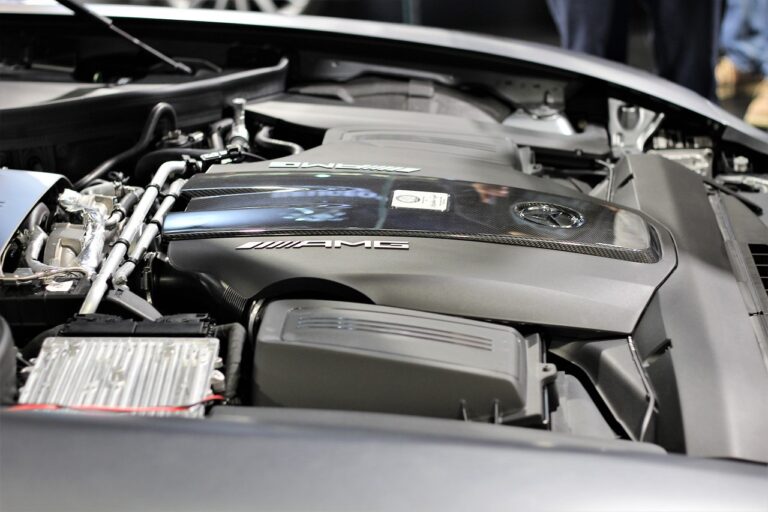The Future of Biometric Authentication in Car Security Systems
Biometric authentication technology is making its way into the automotive industry, offering a new level of security and convenience for vehicle owners. By using unique physical features like fingerprints, facial recognition, or voice patterns, cars can now verify the identity of drivers and grant access only to authorized individuals. This technology not only enhances the protection of vehicles against theft but also ensures that personal belongings inside the car remain secure.
Moreover, the integration of biometric authentication in cars streamlines the entry and start-up process, eliminating the need for physical keys or key fobs. Drivers can simply use their biometric data to unlock doors, start the engine, and customize their driving experience based on pre-set preferences. This not only enhances the overall user experience but also reduces the risk of key-related issues such as theft, loss, or duplication.
Advantages of Biometric Authentication in Car Security
Biometric authentication in car security offers a higher level of protection against theft and unauthorized access. By using unique physical characteristics such as fingerprints, voice recognition, or iris scans, biometric systems ensure that only authorized individuals can start and operate a vehicle. This technology significantly reduces the risk of car thefts, as traditional methods like keys or fobs can be easily duplicated or stolen.
In addition, biometric authentication enhances user convenience and efficiency. Drivers no longer have to worry about forgetting or losing their keys, as their biological features serve as the key to accessing and driving their vehicles. This streamlined process eliminates the hassle of fumbling with keys and provides a seamless experience for the driver, ultimately enhancing the overall security and user experience in car security systems.
Challenges of Implementing Biometric Authentication in Vehicles
Implementing biometric authentication in vehicles poses several challenges. One of the main concerns is the reliability and accuracy of the technology. Biometric systems may encounter issues with accuracy due to factors such as environmental conditions, user variations, and the quality of sensors used.
Another challenge is the cost associated with integrating biometric authentication into vehicles. The technology requires specialized hardware and software components, which can significantly increase the overall production cost of vehicles. This cost factor may hinder the widespread adoption of biometric authentication in cars, especially in budget-friendly models.
• Biometric systems may face accuracy issues due to environmental conditions and user variations
• Quality of sensors used can impact the reliability of biometric authentication in vehicles
• Integrating biometric technology into vehicles can significantly increase production costs
• Specialized hardware and software components are required for implementing biometric authentication in cars
• Cost factor may hinder widespread adoption, especially in budget-friendly models
What is biometric authentication technology in cars?
Biometric authentication technology in cars refers to the use of unique physical characteristics, such as fingerprints, facial recognition, or voice recognition, to verify the identity of the driver before granting access to the vehicle.
What are the advantages of biometric authentication in car security?
The advantages of biometric authentication in car security include increased security measures to prevent unauthorized access to the vehicle, convenience for the driver as there is no need for physical keys, and the ability to personalize settings based on the driver’s preferences.
What are the challenges of implementing biometric authentication in vehicles?
The challenges of implementing biometric authentication in vehicles include potential privacy concerns regarding the collection and storage of biometric data, technical issues such as false readings or system malfunctions, and the cost of integrating biometric technology into existing vehicle systems.
How can car manufacturers address the challenges of implementing biometric authentication in vehicles?
Car manufacturers can address the challenges of implementing biometric authentication in vehicles by prioritizing data security and privacy, conducting thorough testing to ensure accurate biometric readings, and working towards cost-effective solutions for integrating biometric technology into vehicles.





